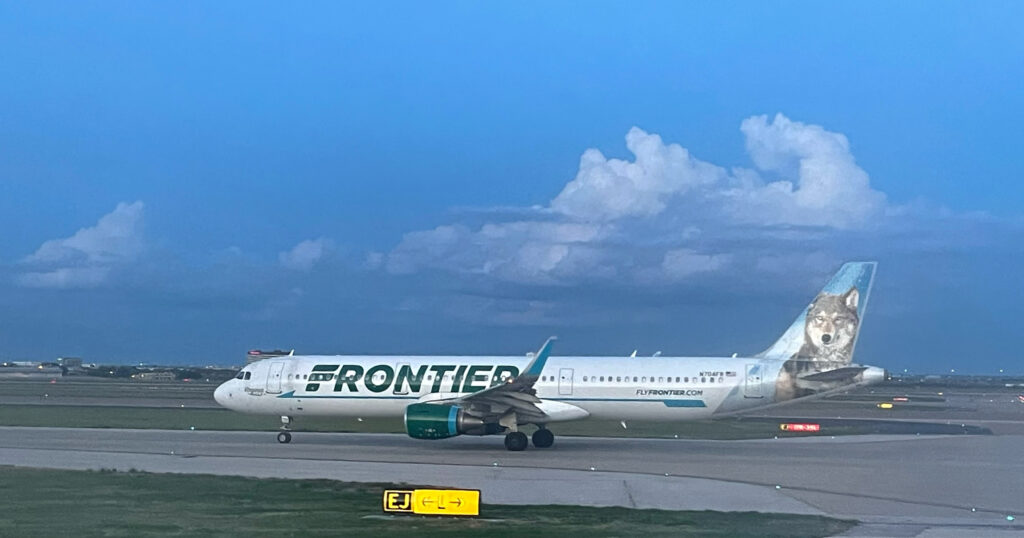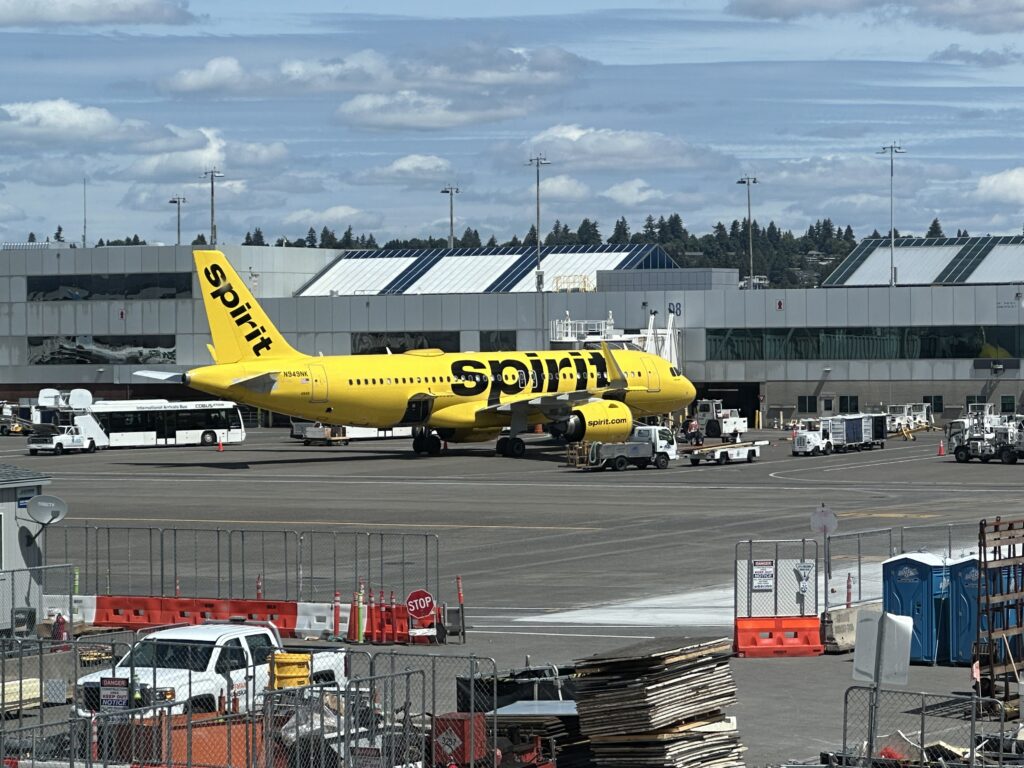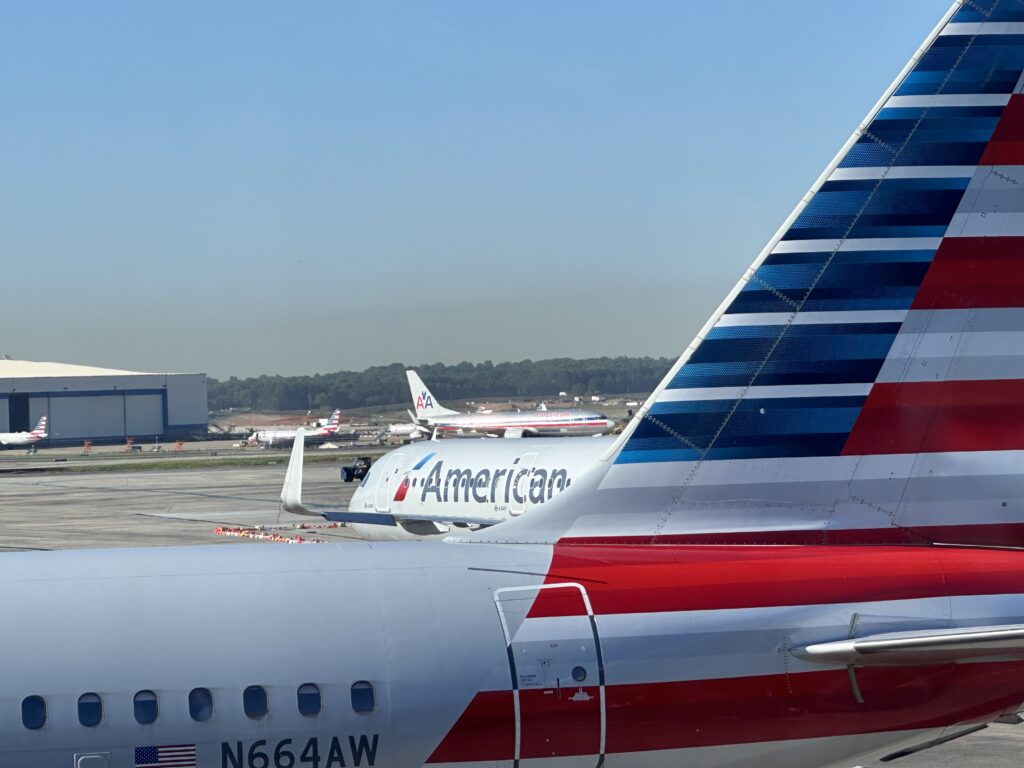Spirit Airlines has entered bankruptcy protection for the second time in recent years as the company works to address financial and operational challenges. On August 29, 2025, Spirit Aviation Holdings, Inc., the parent of Spirit Airlines, announced that it has filed voluntary petitions for Chapter 11 in the U.S. Bankruptcy Court for the Southern District of New York.
The filing is part of what the company describes as a “comprehensive restructuring” designed to build a more sustainable future. Spirit intends to use the process to redesign its network, optimize its fleet, reduce debt obligations, and adjust its strategy to align with evolving market conditions.
This is not the airline’s first time in bankruptcy court. Spirit previously went through a restructuring process that focused on reducing funded debt and raising equity capital. That effort, however, was not sufficient to stabilize the business in the long run. In a statement, Spirit CEO Dave Davis acknowledged that more extensive changes are now necessary, citing ongoing industry pressures and shifting consumer preferences.
During the restructuring, Spirit has stated that operations will continue as normal. Flights, reservations, ticket sales, and loyalty programs remain unaffected. The company has also stated that employees will continue to receive wages and benefits, and vendors will be paid for goods and services provided after the filing date.
Among its priorities, Spirit plans to:
- Refocus its network on key markets while pulling back in others.
- Reduce fleet size to better match profitable demand.
- Pursue additional cost efficiencies to strengthen its low-cost model.
- Expand product offerings across its Spirit First, Premium Economy, and Value options.
Spirit also expects to be delisted from the NYSE American Stock Exchange, with its stock moving to the over-the-counter marketplace during the proceedings. Shares are expected to be canceled as part of the restructuring.
The airline maintains that these changes will allow it to remain a leading low-cost option for travelers while adapting to a competitive and evolving marketplace.
Analysis
The filing of Chapter 11 bankruptcy is not uncommon in the United States. The three largest U.S. airlines have gone through the process over the years. What is more concerning in Spirit’s case is that the airline disclosed in its quarterly filing that it would not have enough liquidity to meet its debt obligations. This made the Chapter 11 filing, which allows airlines to reorganize their debt, largely anticipated.
The environment for low-cost carriers in the U.S. has been challenging, with multiple airlines struggling financially and undergoing transformation plans. Network restructuring is often central to these efforts, with routes being adjusted frequently.
It will be interesting to see how Spirit adjusts its network in order to win over consumers. Will the airline shift more toward point-to-point flying or maintain a hub-focused model? Point-to-point may prove more sustainable, as passengers tend to prefer nonstop service and will pay a premium.
One recent development is that Spirit announced a partnership with Contour Airlines to reach customers in smaller communities, which could help strengthen its network feed.
If Spirit were to ultimately fail, other carriers might raise fares, leading to higher costs for travelers overall. Frontier would likely expand in the event of Spirit’s demise, though that outcome may not benefit consumers, as the U.S. domestic market already has relatively few players.

Another possible outcome could be acquisition, but recent attempts by JetBlue and Frontier highlight the challenges. JetBlue’s bid was blocked on antitrust grounds, while Frontier appeared more interested in benefiting from a liquidation scenario, where aircraft, staff, and gates could be acquired at lower cost.
If Spirit is able to successfully emerge from bankruptcy a second time, it could still be a net positive for passengers, as more competition ultimately provides travelers with more choices.



